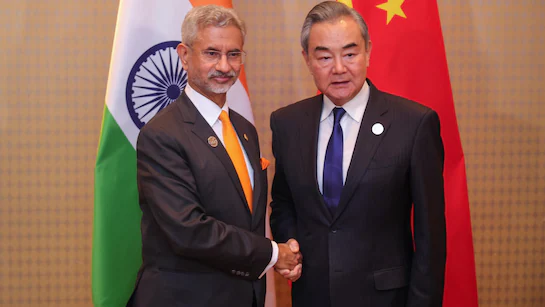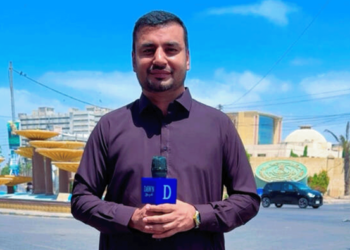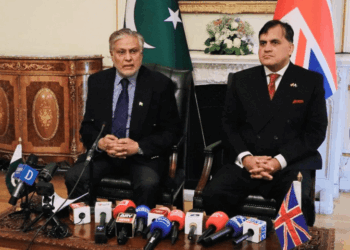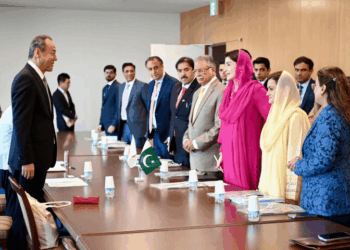NEW DELHI; Indian External Affairs Minister Subrahmanyam Jaishankar on Monday held talks with his Chinese counterpart Wang Yi in New Delhi, underlining that positive momentum in bilateral relations was possible only if peace and tranquility prevailed along the contested border.
Addressing the meeting, Jaishankar said troop de-escalation in the western Himalayas was essential to heal the rift caused by the 2020 Galwan Valley clashes. “Differences must not become disputes,” he remarked, calling for “mutual respect, mutual sensitivity and mutual interest” to guide future ties.
The talks, described as constructive by both sides, are part of efforts to stabilize relations after years of strain. Officials highlighted the need for confidence-building measures and agreed on the broader objective of fostering a stable, cooperative, and forward-looking partnership.
Wang Yi, for his part, praised the current atmosphere along the border as peaceful and noted that Indian pilgrims were now allowed to visit Mount Gang Rinpoche and Lake Mapam Yum Tso in Tibet, describing it as a step to enhance people-to-people contact.
The Chinese foreign minister is in India on a two-day visit, which also includes the 24th round of Special Representatives’ talks on the border issue with India’s National Security Adviser Ajit Doval, as well as a scheduled meeting with Prime Minister Narendra Modi.
Diplomatic observers view the timing of the visit as significant, coming ahead of Modi’s planned trip to China for the Shanghai Cooperation Organisation (SCO) summit — his first in seven years. The dialogue also comes amid shifting geopolitical dynamics, including heightened U.S.–India trade friction, prompting speculation about India’s recalibrating stance within multilateral forums.
Both ministers signaled that despite deep differences, dialogue remains crucial to managing competition and seeking areas of cooperation.
























